It is with great honor and excitement that we present our voters guide for the Philadelphia mayoral election. As you might expect, we focus on the candidates’ sustainability platforms. The winner will likely guide the city for the next eight years, so it’s critical we choose well.
Rather than ask broad questions that might elicit generic answers, the Grid editorial staff — with the help of 24 local experts — crafted questions that require specific and thoughtful answers. Our hope was that they would reveal how a candidate would govern in practice and not just theory.
We’d like to thank the candidates for their time and for agreeing to participate.
We now leave it up to you, Grid readers, to review their responses, think about them deeply and make the best choice in the May 16 primary. Let’s find the candidate best suited to ensure a healthy, prosperous and sustainable future for Philadelphia!
The Full Text of Our Questions:
1. On protecting trees and natural spaces
We know that increasing tree canopy has multiple environmental and social benefits for neighborhoods. More trees is even correlated with a decrease in crime. Mayor Kenney invested in developing a tree plan for the city. Yet, between 2008 and 2018, we witnessed a 6% loss of the city’s tree canopy on both public and private land, in part due to removal of trees for development and lack of maintenance for existing tree canopy. What is your plan to protect Philadelphia’s forests and natural areas from further decline and support the growth of an equitable urban forest for future generations?
2. On flooding in Eastwick
Eastwick, a neighborhood built on a floodplain, has endured many hardships — including continued flooding — for decades. In the face of historic disinvestment and the future of heavier rainfalls due to climate change, what policies would you pursue to mitigate flooding and protect homes in Eastwick as well as limit development in floodplains in the future?
3. On improving bicycling in Philadelphia
Bicycling is one of the most equitable, accessible and fastest-growing alternatives to driving a car. Mayor Kenney introduced Vision Zero to end traffic-related deaths and expanded the Indego bike share program. However, bike lane expansion remains slow, most lanes still need to be protected, and hyper-local control of transportation decisions combined with councilmanic prerogative ensures bike lane networks are disjointed. All of these issues create an unsafe biking environment. What is your plan to expand a protected bike lane network throughout every neighborhood in Philadelphia, giving all citizens access to this transportation option?
4. On sustainable development and the understaffed L&I
Many laws, regulations and zoning policies are passed but go unenforced, largely due to an overburdened Department of Licenses and Inspections (L&I), with an estimated one in three inspector positions currently vacant. Sustainable building advocates want sustainable development practices such as the careful deconstruction of buildings to ensure that materials can be salvaged and the implementation of modern building energy codes to help meet local and global climate goals. Land use advocates want better zoning to protect tree canopy and green space. But laws like these require expertise and resources to enforce. How would you as mayor address these enforcement capacity challenges to ensure sustainable development?
5. On addressing the city’s backslide on waste management
Mayor Kenney created the Zero Waste and Litter Cabinet as a “whole government” planning and implementation tool to move Philadelphia towards its goals of becoming a zero-waste, litter-free city by 2035, by addressing illegal dumping, improving recycling infrastructure and encouraging a circular economy that wastes fewer resources. Since the cabinet was dismantled, the city has experienced spikes in illegal dumping as well as dramatic reduction in the residential recycling rate, which fell to 6% from pre-pandemic rates of 22%. What’s your plan to not only halt this backslide but take us to a healthy future by reducing waste generation and litter at the source?
6. On using vacant lots to improve the community
Controlled studies conducted by the University of Pennsylvania found that the greening of vacant urban land not only reduces gun violence by 29% but also decreases feelings of depression and improves overall mental health for surrounding residents. Mayor Kenney invested in an urban ag plan and has used the land bank to reduce vacant lots, yet community gardens and green spaces continue to be threatened by development. With more than 42,000 vacant lots and a city plagued with gun violence, debilitating poverty rates and waste, what strategies will you implement with City Council and City agencies to protect existing community-based gardens and green spaces as permanent elements of our city’s fabric while expanding community access to vacant lots?
Please click on the links below to see each candidates profile:
- Maria Quiñones Sánchez
- Allan Domb
- Helen Gym
- Jeff Brown
- Cherelle Parker
- Derek Green
- Rebecca Rhynhart
- James DeLeon

Grid Magazine’s Mayoral Voters Guide is a part of Every Voice, Every Vote, a collaborative project managed by The Lenfest Institute for Journalism. Lead support is provided by the William Penn Foundation with additional funding from The Lenfest Institute, Peter and Judy Leone, the John S. and James L. Knight Foundation, Harriet and Larry Weiss, and the Wyncote Foundation, among others. To learn more about the project and view a full list of supporters, visit www.everyvoice-everyvote.org. Editorial content is created independently of the project’s donors.


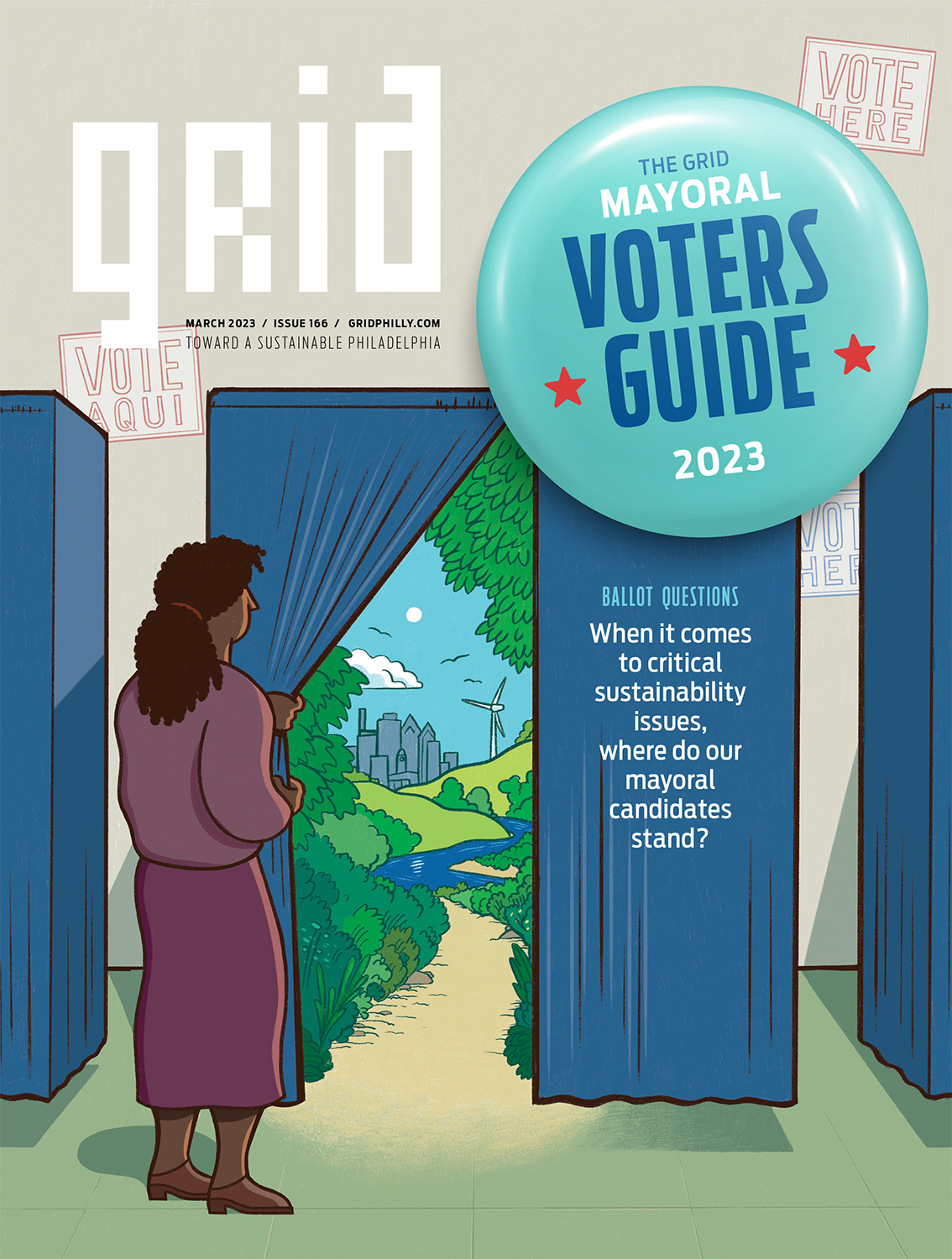
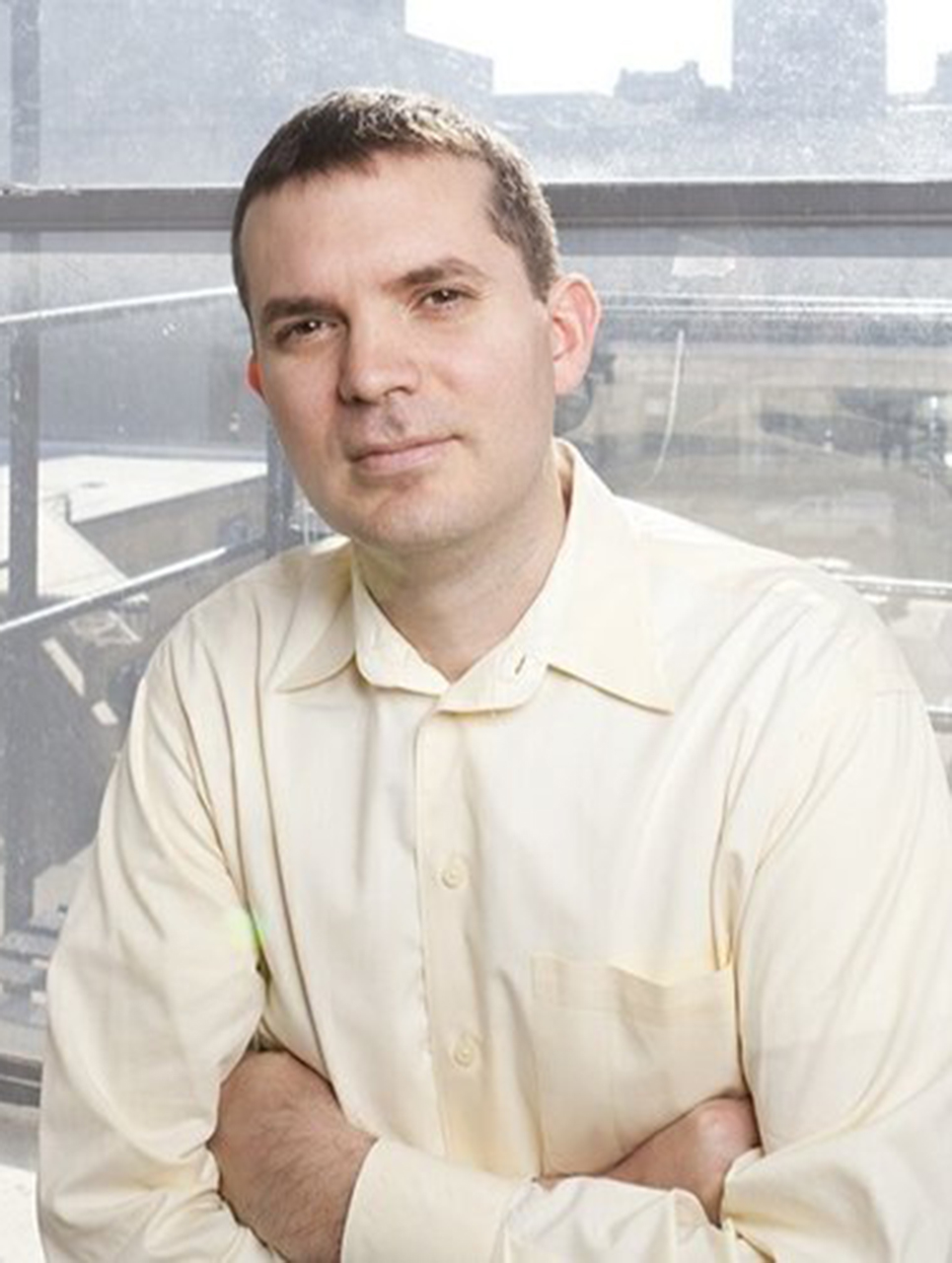

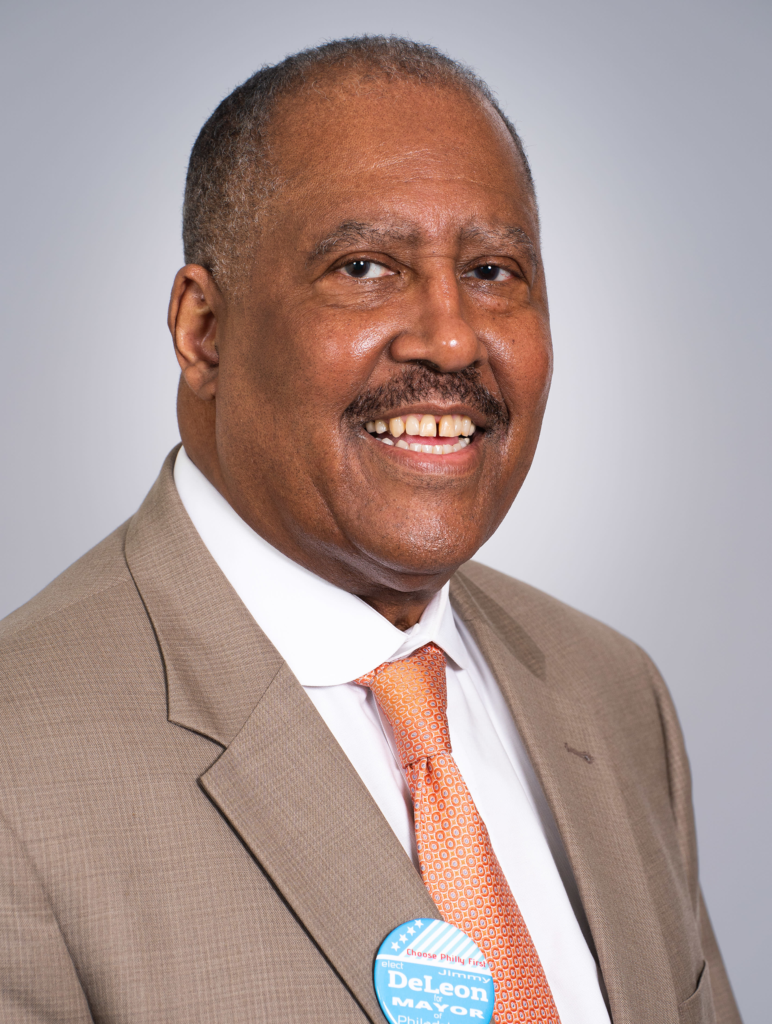
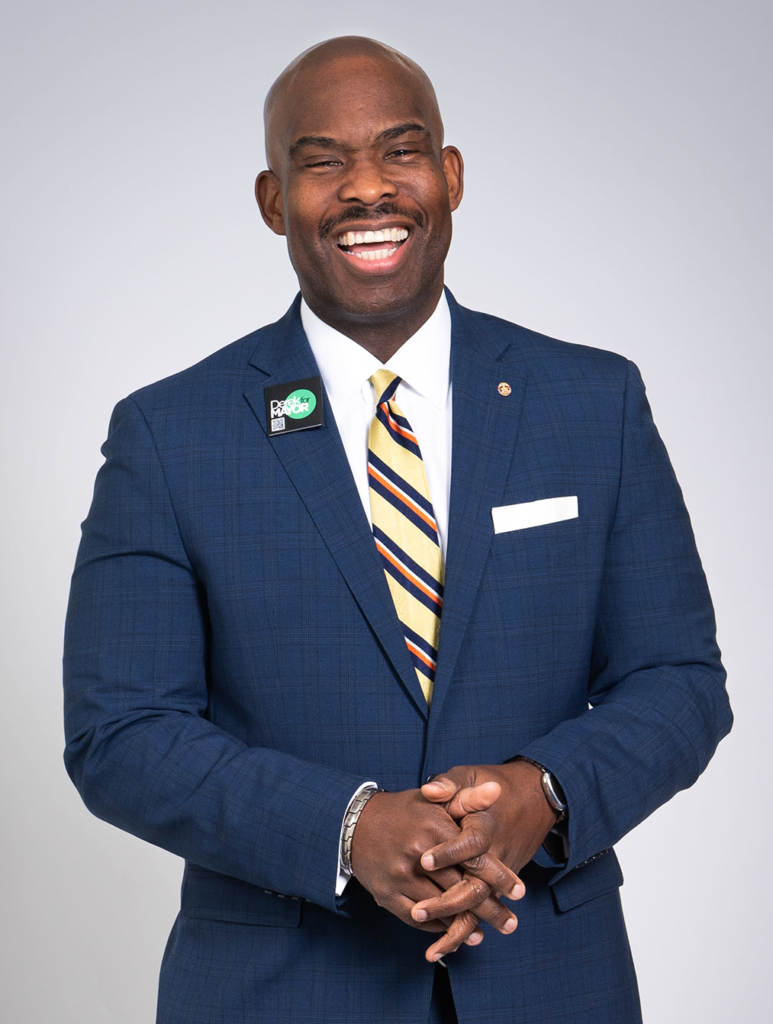
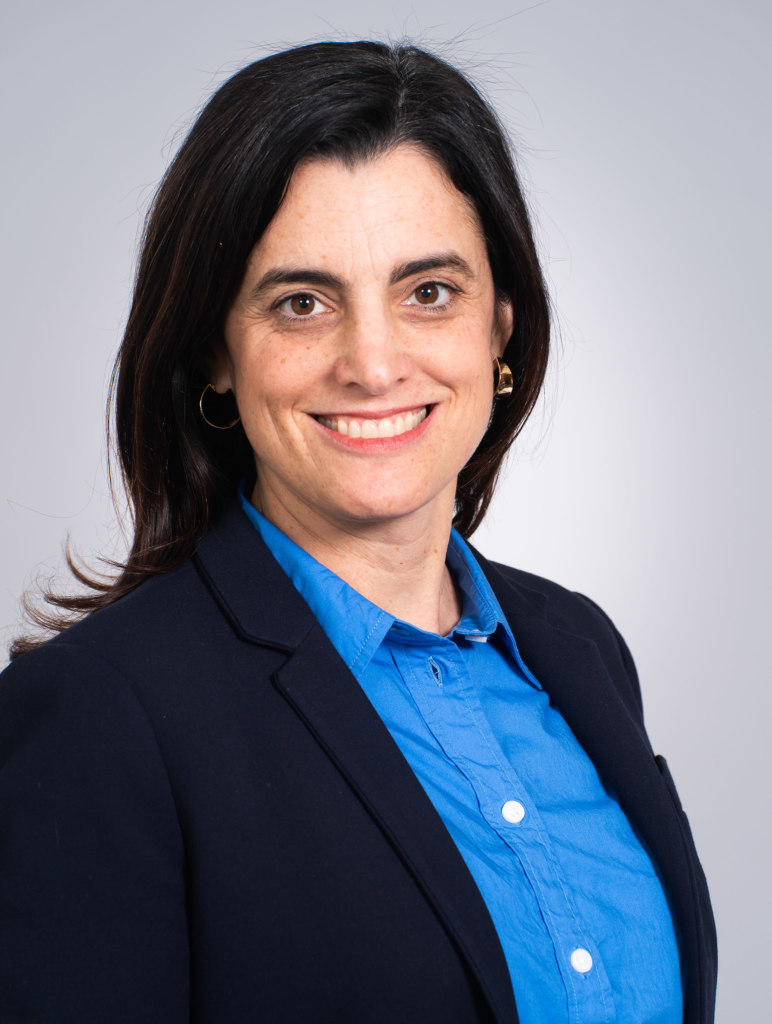

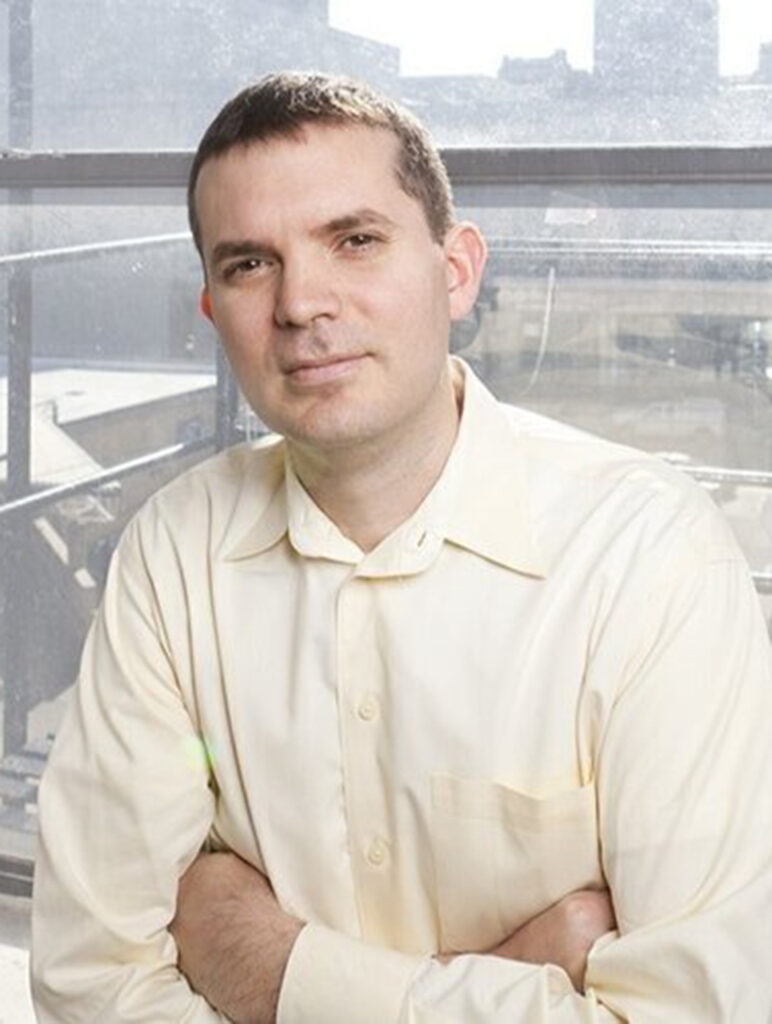
I’d liked to know how the candidates will approach electric car ownership in row house neighborhoods. Will electric chargers be revisited?
From my observations, about half of our litter problem seems to be from plastic bottles and cans. If we had a bottle deposit, I believe we’d radically increase recycling and reduce trash. It would also educate people on the circular economy.
Why isn’t this option in any of the environmental plans I’ve heard discussed?